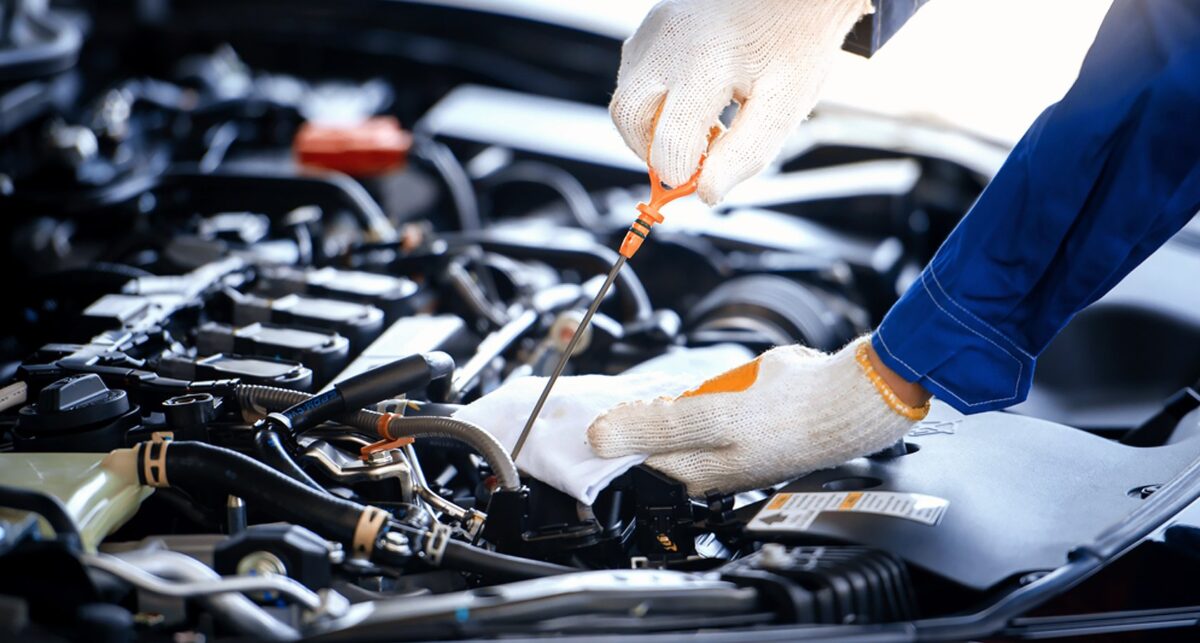Expert Tips for Preparing Car for MOT Repairs

Navigating the MOT repairs process can often feel daunting. Ensuring your vehicle is in top condition before the test is crucial for a smooth experience. This comprehensive guide provides expert advice on preparing your car for MOT repairs, ensuring it meets the required standards.
Understanding MOT Repairs
The MOT repairs is an essential evaluation that all vehicles over three years old in the UK must undergo annually. It assesses vehicle safety, roadworthiness aspects, and exhaust emissions. Familiarising yourself with what the test entails can significantly ease the process.
The Importance of Regular Maintenance
Routine maintenance is the cornerstone of a hassle-free MOT experience. Regular checks and servicing not only extend the lifespan of your vehicle but also highlight potential issues that could lead to MOT failure.
Check Your Lights and Indicators
A common reason for MOT failures is faulty lighting. Ensure all your lights – headlights, tail lights, indicators, and brake lights – are functioning correctly and are of the correct colour and intensity.
Tyre Inspection
Tyres are another critical aspect scrutinised during an MOT. Check your tyres for adequate tread depth, which should be no less than 1.6mm, and look for any signs of damage or irregular wear.
Inspect Wipers and Windscreen
Visibility is key to passing the MOT. Ensure your wipers are in good condition and your windscreen is free of significant chips or cracks, especially in the driver’s line of sight.
Test Your Brakes
Brakes are arguably the most important safety feature of your vehicle. Check for any unusual noises or feelings when braking, and ensure the brake pads and discs are not excessively worn.
Examine Suspension Components
Worn suspension components can affect the handling and safety of your vehicle. Listen for knocks or rattles and check for any visible signs of damage or leaking dampers.
Ensure Seatbelts Function Properly
All seatbelts should be in good working order, retracting and locking as intended. Any damage to the belt fabric could result in an MOT failure.
Check Fluid Levels
Low levels of essential fluids like oil, brake fluid, power steering fluid, and coolant can indicate underlying issues. Ensure all fluids are topped up to the recommended levels.
Listen to Your Exhaust
An exhaust system in poor condition can lead to MOT failure, particularly if it’s leaking or excessively noisy. Check for any signs of corrosion or damage.
Battery and Electrical Systems
A healthy battery and electrical system are essential for passing the MOT. Ensure the battery is securely mounted and that all electrical systems, including the horn and dashboard warning lights, are functioning correctly.
Cleanliness Matters
While it might seem trivial, a clean vehicle can make a positive impression. Ensure the interior is tidy and the number plate, lights, and windows are clean for clear visibility.
Pre-MOT Checks You Can Do at Home
Many aspects of the MOT can be checked at home with basic knowledge and tools. Conducting a pre-MOT inspection can identify and resolve issues before the test, increasing your chances of a first-time pass.
Utilising Professional Services for MOT Repairs
If you’re unsure about any aspect of your vehicle’s condition, seeking professional advice is wise. A reputable garage can provide a pre-MOT check, identifying any potential issues that could lead to failure. This is where finding a reliable service for MOT repairs becomes invaluable.
Also Read: How to Choose the Right Garage for Your MOT Repairs
Conclusion
Preparing your car for MOT repairs doesn’t have to be a daunting task. With these expert tips, you can approach the process with confidence, ensuring your vehicle stands the best chance of passing. Remember, regular maintenance is key to vehicle longevity and safety. Keep ahead with routine checks and professional advice to navigate MOT repairs smoothly.







